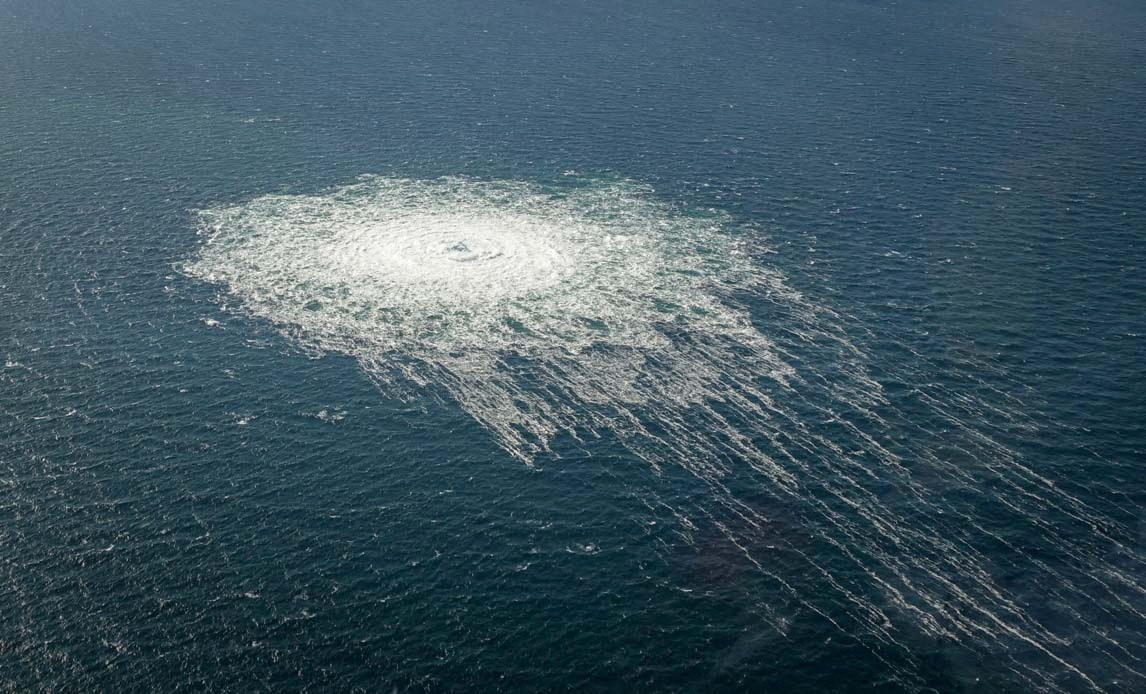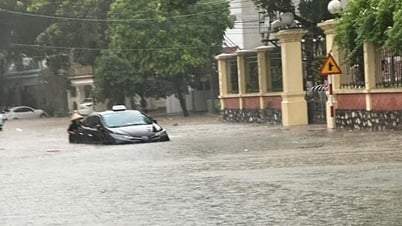The multi-billion dollar Nord Stream 1 and 2 pipelines transport gas from Russia to Germany. The pipelines, which cross the Baltic Sea, were damaged in a series of explosions in the exclusive economic zones of Sweden and Denmark in September 2022, releasing large amounts of methane gas.

Air bubbles emerge from the Nord Stream 2 pipeline leak in the Baltic Sea near Denmark in September 2022
Russia and the West, already strained by the military conflict in Ukraine that broke out in February of that year, accused each other of involvement in the explosions.
In a statement on February 26, Danish police said there was no basis to continue the criminal case in the country, so they decided to close the investigation, according to Reuters.
In early February, Swedish prosecutors also announced the end of a 16-month investigation, saying they lacked jurisdiction in the case because no citizens or interests had been harmed.
Swedish investigators said they had provided the evidence they had collected to German investigators, who have so far not released any information.
Ukraine: 50% of Western aid arrives late, domestic arms production triples
Previously, Sweden and Denmark said that explosives were used in the explosion and Stockholm suspected that there was a state element behind the action.
Some US media outlets have reported that pro-Ukrainian groups not affiliated with the government may be involved in the Nord Stream pipeline explosion, while Kyiv has denied any involvement.
Last year, German Defense Minister Boris Pistorius suggested the explosion was likely a "false flag" operation aimed at framing Ukraine.
Source link







![[Photo] Top players gather at the 2025 Nhan Dan Newspaper National Table Tennis Championship](https://vphoto.vietnam.vn/thumb/1200x675/vietnam/resource/IMAGE/2025/5/23/9ad5f6f4faf146b08335e5c446edb107)





























































































Comment (0)